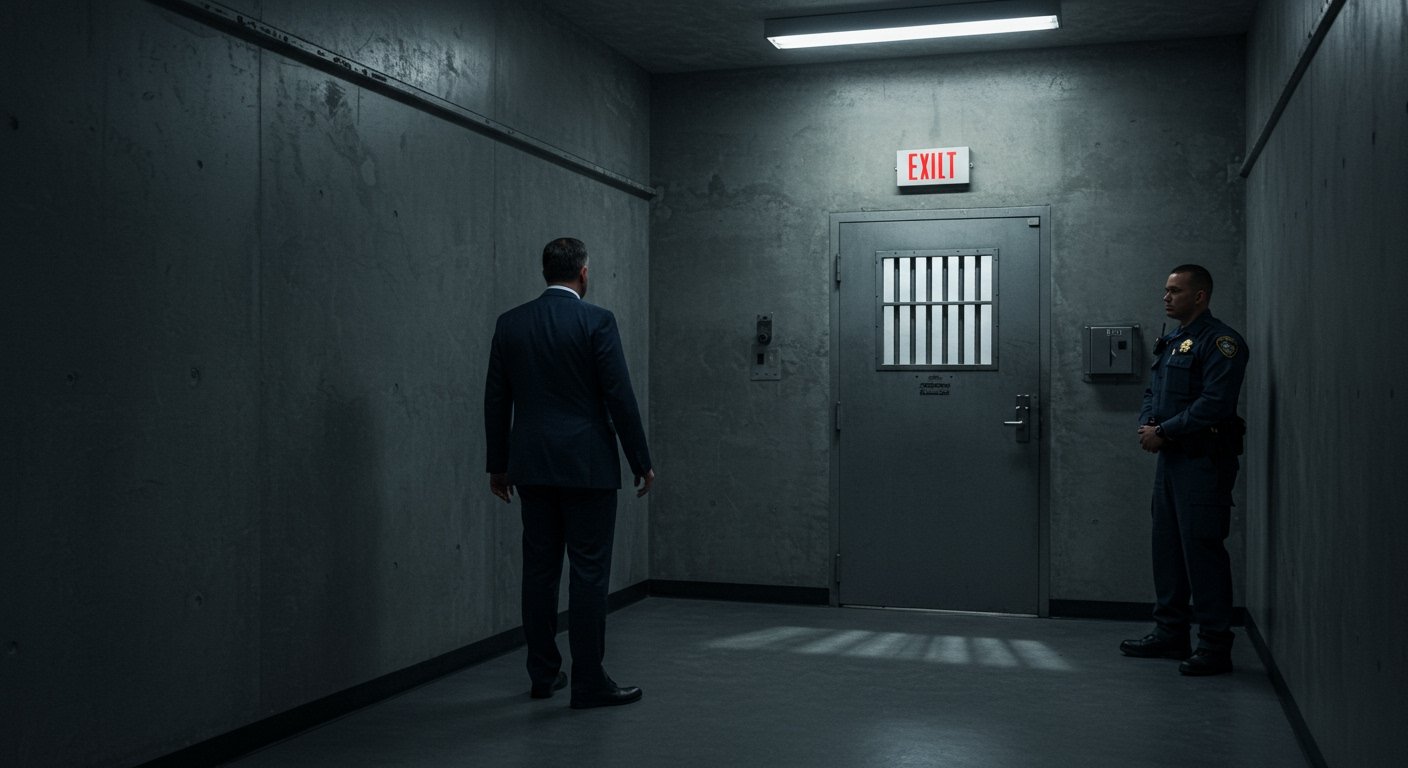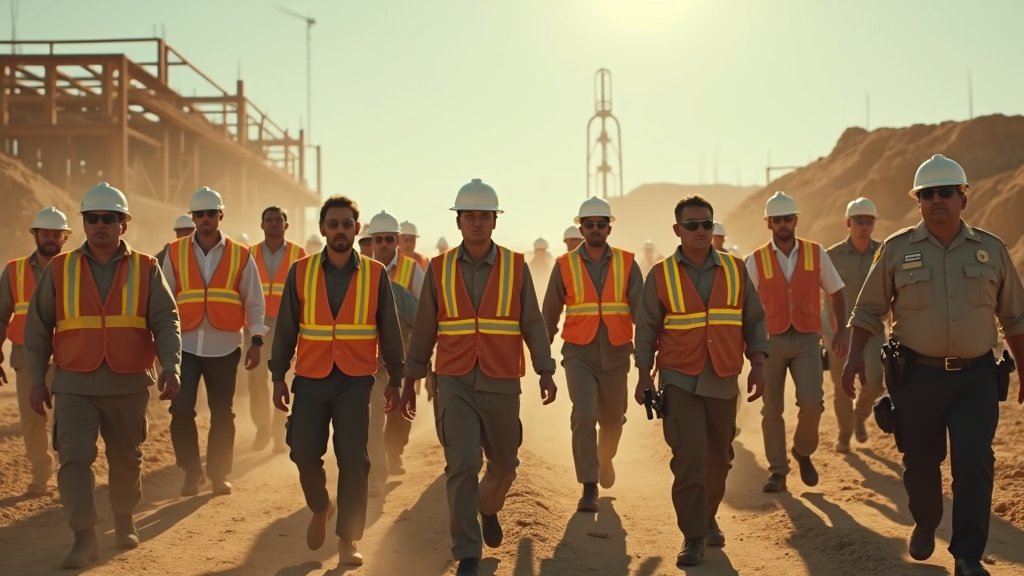WASHINGTON, D.C. – U.S. Immigration and Customs Enforcement (ICE), an agency within the Department of Homeland Security (DHS), has implemented a set of new directives that significantly curtail the ability of members of Congress and their staff to access and inspect immigrant detention facilities and ICE field offices.
The new rules, which took effect this month, mandate specific advance notice periods for visits. Members of Congress are now required to provide a minimum of 72 hours’ notice before visiting an ICE field office or detention facility. Congressional staffers face an even shorter, but still mandatory, 24 hours’ notice requirement before accessing an ICE field office.
Beyond the notice periods, the directives introduce stringent restrictions on interactions between lawmakers or staff and individuals held within these facilities. Under the new rules, members of Congress and their accompanying staff are explicitly prohibited from touching or speaking to individuals inside a detention facility or field office unless explicit permission is granted in advance by ICE.
Context Behind the New Directives
The implementation of these new access rules follows a period marked by increased visits by Democratic lawmakers to various immigrant detention sites. These visits have often been aimed at observing conditions, speaking with detainees, and conducting oversight of the federal immigration enforcement apparatus.
One notable recent event preceding the rule change was an unannounced visit by Representative Yassamin Ansari to the Eloy Detention Center, located south of Phoenix, Arizona. Following this visit, multiple female detainees at the facility reportedly detailed accounts of mistreatment, bringing further scrutiny to conditions within ICE custody.
The timing and nature of the new restrictions suggest a response by the administration to this heightened congressional interest and activity, potentially complicating future oversight efforts aimed at investigating such allegations or generally monitoring facility operations.
Implications for Congressional Oversight
Critics argue that the new requirements pose a significant barrier to effective congressional oversight. Unannounced visits, while potentially disruptive, have historically served as a crucial tool for lawmakers to gain an unfiltered view of conditions on the ground and to hear directly from individuals affected by federal policies.
The requirement for 72 hours’ notice for members of Congress, and particularly the prohibition on spontaneous interaction with detainees without prior approval, could limit the ability of legislators to identify issues that might not be apparent during scheduled, potentially curated tours. Lawmakers often rely on direct communication with detainees to uncover concerns regarding medical care, living conditions, legal access, and potential rights violations.
The rule concerning the 24 hours’ notice for staffers accessing ICE field offices, where many administrative and enforcement functions are managed, could also impact the ability of congressional staff to conduct necessary casework or gather information pertinent to legislative responsibilities.
Broader Enforcement Shift Under President Trump
The new access rules also emerge within the broader context of evolving U.S. immigration enforcement priorities under President Donald Trump’s administration. Immigration officials under President Trump have increasingly prioritized the deportation of asylum seekers, a significant shift from earlier stated promises to focus primarily on removing criminals.
This strategic pivot in enforcement means that detention facilities are housing a potentially different population, including individuals seeking protection under U.S. and international law. The ability of Congress to easily access these facilities and interact with detainees is seen by some as essential for monitoring how this enforcement shift is being implemented and its impact on vulnerable populations.
Restricting direct access and communication makes it more challenging for Congress to assess the treatment of asylum seekers, verify that due process is being afforded, and ensure that enforcement actions align with stated policies and legal requirements.
Conclusion
The new rules enacted by ICE mark a significant tightening of access to detention facilities for members of Congress and their staff. While agencies are entitled to establish protocols for visits, the stringent nature of these directives – including lengthy notice periods and severe limitations on detainee interaction – raises substantial concerns among lawmakers and advocates regarding transparency and the future of congressional oversight into the conditions and practices within the nation’s immigration detention system. The move underscores the ongoing tension between executive branch enforcement powers and legislative branch responsibilities for accountability.





